Daucosterol
Daucosterol, a phytosterol glycoside found in various plants, exhibits antioxidant, anti-inflammatory, and potential anti-cancer effects, with studies suggesting benefits for cholesterol and glucose metabolism, highlighting its importance in health research and potential therapeutic applications.
Daucosterol Overview
Phytosterols like daucosterol are known for their structural similarity to cholesterol, allowing them to influence cholesterol metabolism and absorption in humans. This has led to their use in functional foods and supplements aimed at reducing blood cholesterol levels. The glycoside form, daucosterol, has additional bioactivities that make it a compound of interest in the fields of nutrition and pharmacology.
Daucosterol Key Features
– Natural Source: Found across a broad range of plant species, including fruits, vegetables, and medicinal herbs.
– Bioactivities: Exhibits antioxidant, anti-inflammatory, and potential anti-cancer effects; also studied for its impact on glucose metabolism.
– Mechanism of Action: Acts through various cellular pathways to reduce oxidative stress, inhibit inflammation, and modulate glucose and cholesterol metabolism.
Daucosterol Applications
– Cholesterol Management: May contribute to lowering blood cholesterol levels when included as part of a diet rich in phytosterols.
– Diabetes and Metabolic Health: Investigated for its potential to improve insulin sensitivity and glucose metabolism, offering benefits for diabetes management and metabolic health.
– Pharmacological Research: The subject of ongoing studies to explore its therapeutic potential in treating inflammatory conditions, cancer, and oxidative stress-related diseases.
Daucosterol Functions
– Antioxidant Protection: Helps neutralize free radicals, reducing oxidative damage to cells and tissues.
– Modulation of Inflammatory Responses: Inhibits the production of pro-inflammatory cytokines and mediators, potentially reducing inflammation.
– Impact on Metabolic Pathways: May influence the metabolism of glucose and cholesterol, contributing to improved metabolic health.
Details
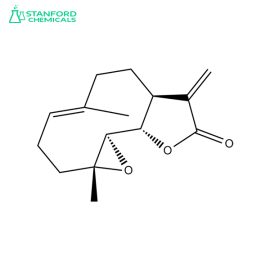
| Available Sizes | 30 capsules, 60 capsules, 90 capsules |
|---|---|
| Key Ingredient | High-quality, pure Parthenolide extract |

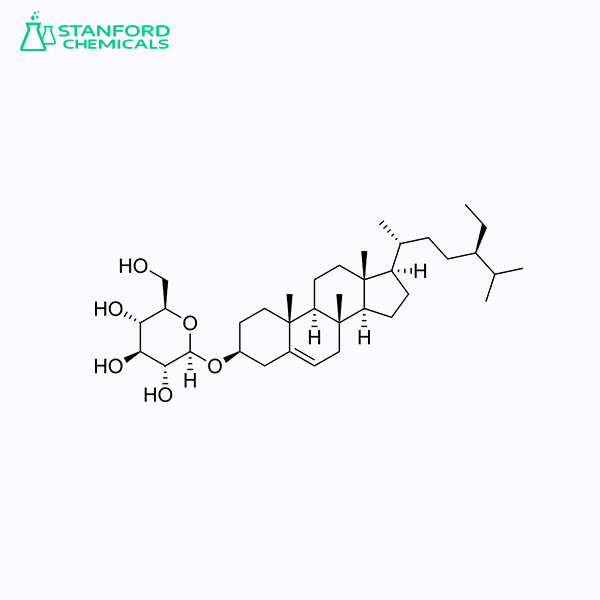
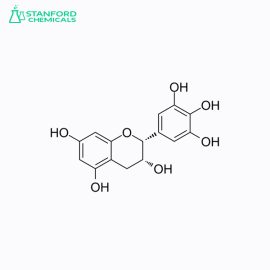
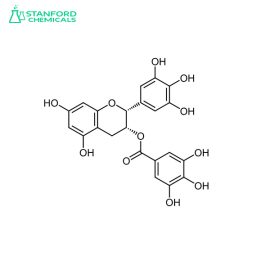
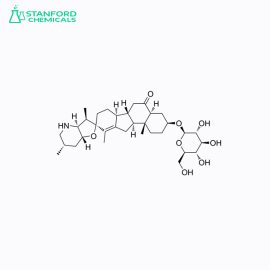
Reviews
There are no reviews yet.